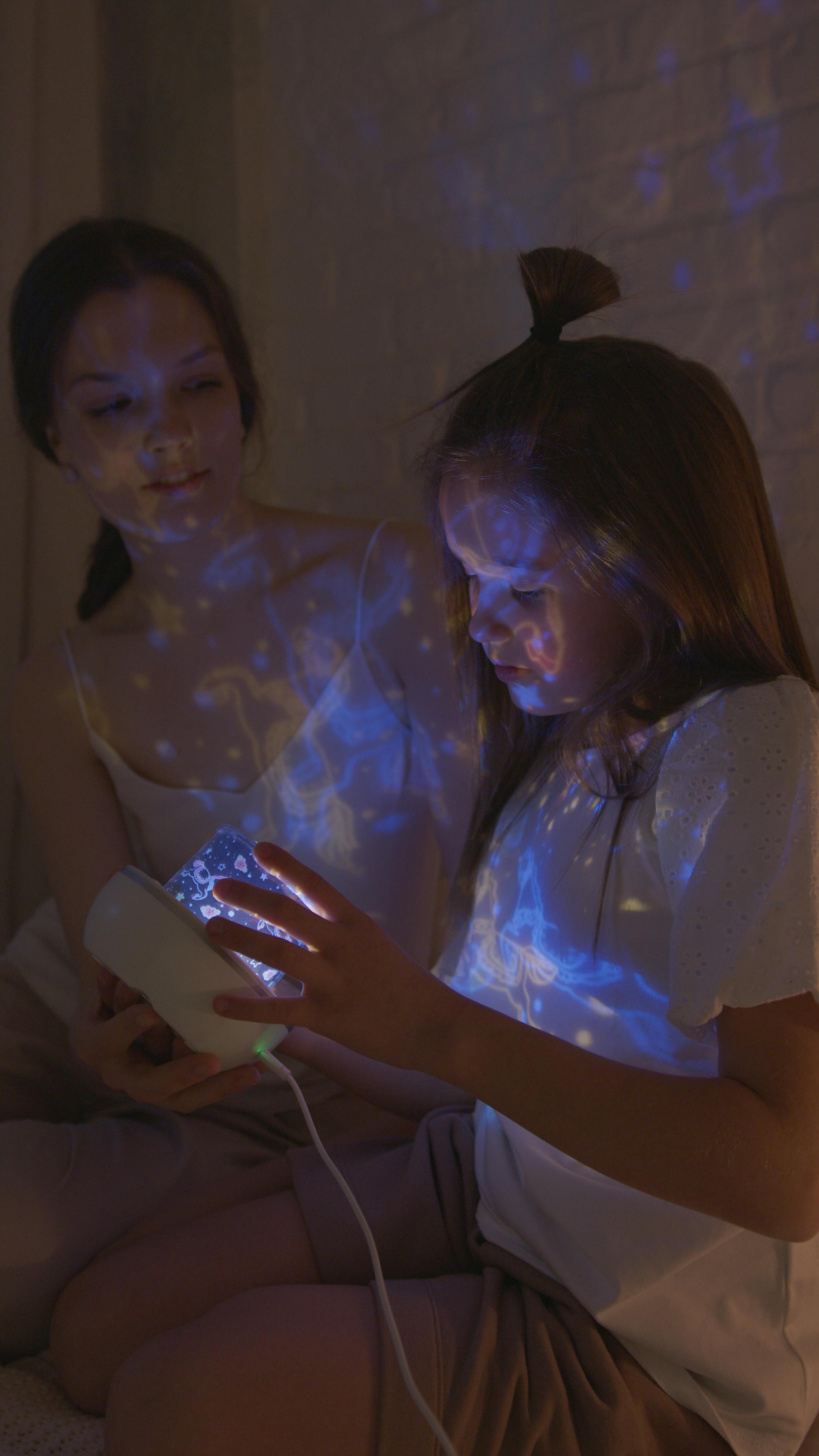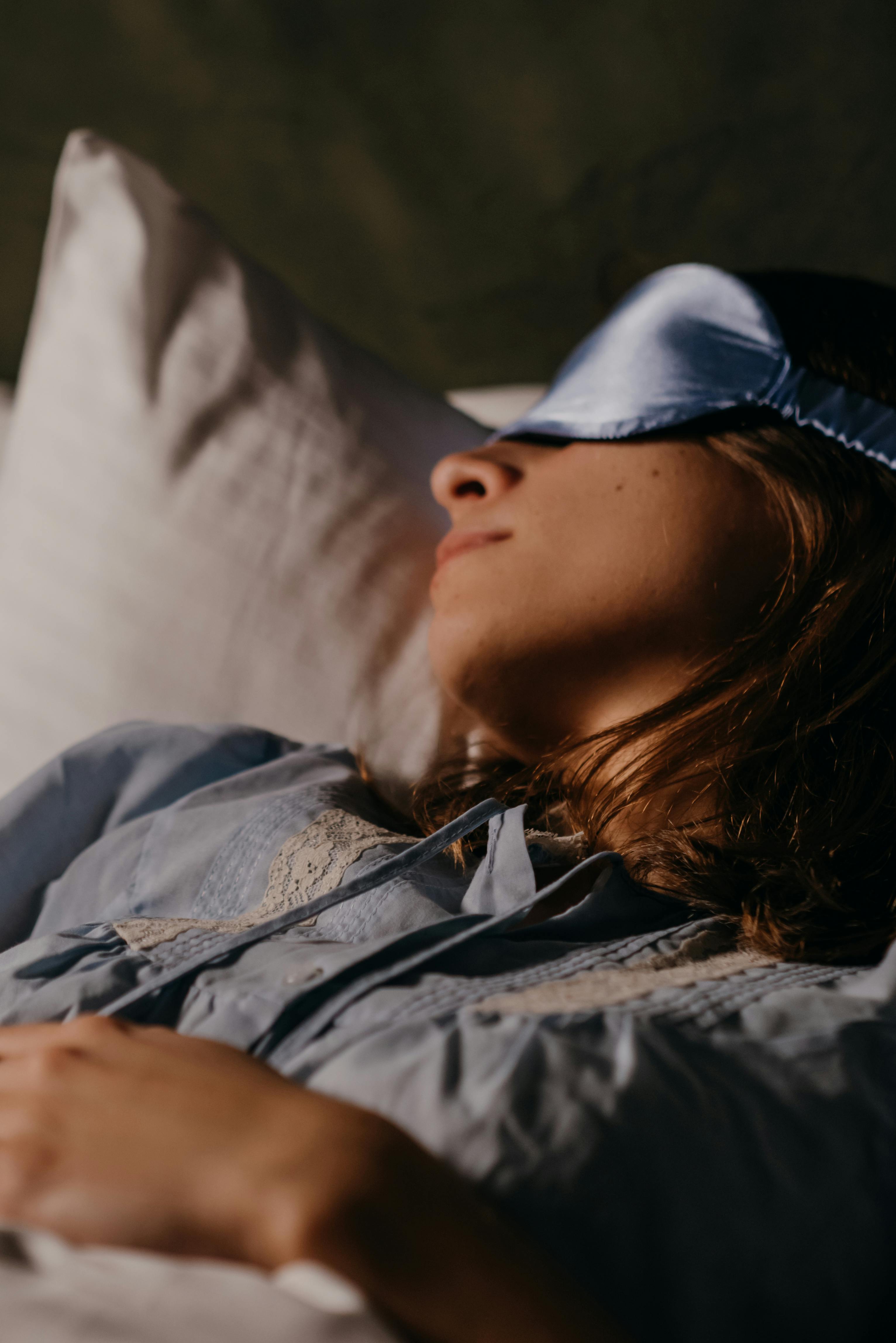
I. Introduction
In the grand tapestry of life, few threads are as vital as sleep. Picture this: it’s 2 a.m., and you find yourself wide awake, staring at the ceiling, pondering the universe’s most perplexing mysteries—like why your cat seems to have a personal vendetta against the vacuum cleaner. You toss and turn, your mind racing a mile a minute, while your body, weary from the day’s exertions, begs for rest. If only there were a way to drift off into a peaceful slumber without counting sheep or engaging in a deep philosophical debate with yourself. Enter the world of sleep music, a soothing balm for the restless soul.
As we plunge into the depths of how unique sleep music can enhance relaxation and healing, we’ll uncover not just the science behind sleep, but also tales of transformation that will resonate with your own nighttime struggles. So, grab a warm mug of chamomile tea, settle in, and let’s embark on this sonorous journey together.
II. Understanding Sleep and Its Impact on Health
Let us first illuminate the shadowy realm of sleep. You see, sleep isn’t merely a time for our bodies to recharge; it’s a complex symphony consisting of various stages, each playing a vital role in maintaining our emotional and physical health. According to the National Institutes of Health, we cycle through stages of light sleep, deep sleep, and REM (Rapid Eye Movement) sleep, each with its own unique contributions to our well-being.

Now, imagine if you were to skip a few of these stages—much like skipping the best parts of a Mark Twain novel. The consequences can be dire! Emotional turmoil, an inability to concentrate, and a heightened risk of chronic conditions are just a few of the repercussions of poor sleep. The irony is thick enough to cut with a knife: the very thing that could help us heal and rejuvenate—relaxation—often eludes us when we need it most. So, how do we remedy this predicament?
III. The Therapeutic Benefits of Sleep Music
Let’s rewind the clock a bit and consider the historical context: across cultures and centuries, music has been a cherished tool for healing. From ancient Greek philosophers who believed in the therapeutic powers of music to modern-day psychologists advocating for its benefits, the melody has been woven into the fabric of our collective healing journey. Research shows that music activates the brain’s reward system, releasing dopamine and reducing cortisol levels—the stress hormone. In simpler terms, it’s like giving your nervous system a gentle hug.

But don’t just take my word for it; a study published in the journal *Sleep Medicine Reviews* found that listening to calming music before bed significantly improved sleep quality. Imagine that—tuning into a soothing melody could lower your stress and anxiety levels while you drift off to dreamland. Sounds too good to be true? Well, it’s not!
IV. Characteristics of Effective Sleep Music
Now, not all music is created equal when it comes to lulling you into a peaceful slumber. The elements that promote relaxation include a slow tempo (think lullabies, not heavy metal), soothing harmonies, and minimal abrupt changes in dynamics. The significance of originality in sleep music cannot be overstated—repetitive melodies tend to engage our emotional brains, drawing us in like a good book. Personalization is key! After all, what works for one person might sound like a cacophony of cats to another.

V. Techniques for Integrating Sleep Music into Your Nighttime Routine
So, how does one seamlessly integrate sleep music into their nightly ritual? First, create a calming pre-sleep environment—dim lights, perhaps a sprinkle of lavender essential oil, and a cozy blanket. Next, consider pairing your music with mindfulness practices. A gentle meditation session can work wonders, allowing your body to transition from the hustle and bustle of the day to a serene night’s rest.
There are plenty of tools and platforms available, from apps that curate sleep playlists to YouTube channels dedicated to sleep music. The world is your oyster—or should I say your lullaby? Explore, experiment, and find what resonates with your soul.

VI. Case Studies and Testimonials
Allow me to regale you with a few tales of transformation. Meet Sarah, a self-proclaimed insomniac who, after years of tossing and turning, discovered the wonders of sleep music. After incorporating a personalized playlist into her bedtime routine, she reported a 70% improvement in her sleep quality. “It’s like I’m floating on a cloud,” she mused, her eyes twinkling with the joy of newfound rest.
Experts chime in, too. Dr. Emily Harper, a sleep specialist, notes, “Music can be a powerful tool for relaxation and emotional healing. It helps create a positive association with sleep, making it easier to drift off.”

VII. Challenges and Considerations
As with any good thing in life, there are challenges. Some may misunderstand sleep music, believing it to be merely a gimmick. Others might struggle with distractions or find themselves too engaged with the music. Addressing these barriers is essential. Consider experimenting with volume levels or opting for instrumental tracks that don’t tug at your heartstrings too much. Remember, the goal is to create an environment conducive to relaxation, not a concert hall.
VIII. Conclusion
As we draw the curtains on our exploration of sleep music, it’s clear that the transformative power of unique melodies can significantly enhance your nighttime routine. Through sound, we can foster both emotional and physical healing, gently guiding ourselves into a realm of restorative sleep. So, dear reader, I encourage you to embrace the symphony of sleep music and experiment with it. Who knows? You might just find that elusive peace of mind you’ve been searching for.
IX. Frequently Asked Questions (FAQ)
What types of music are best for sleep? Soft instrumental music, nature sounds, and ambient tunes are ideal.
How long should I listen to sleep music before falling asleep? Aim for at least 30 minutes to allow your mind to unwind.
Can sleep music help with specific conditions like anxiety or insomnia? Yes, many people find it helpful for alleviating anxiety and improving insomnia.
Is it necessary to use headphones or speakers for sleep music? It depends on your preference, though speakers might be less disruptive.
How can I create my own sleep music playlist? Curate tracks that relax you, focusing on soothing melodies and rhythms.








